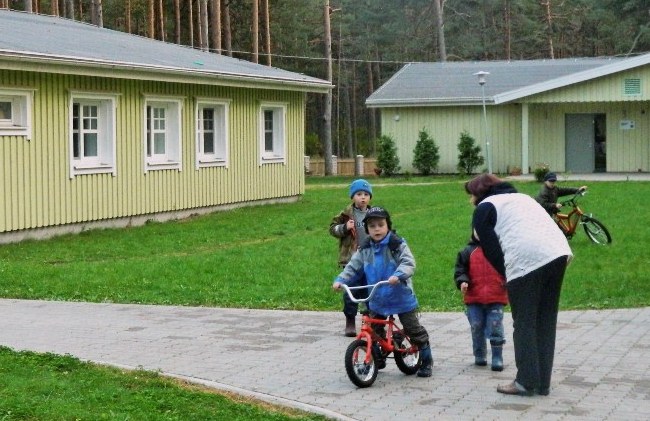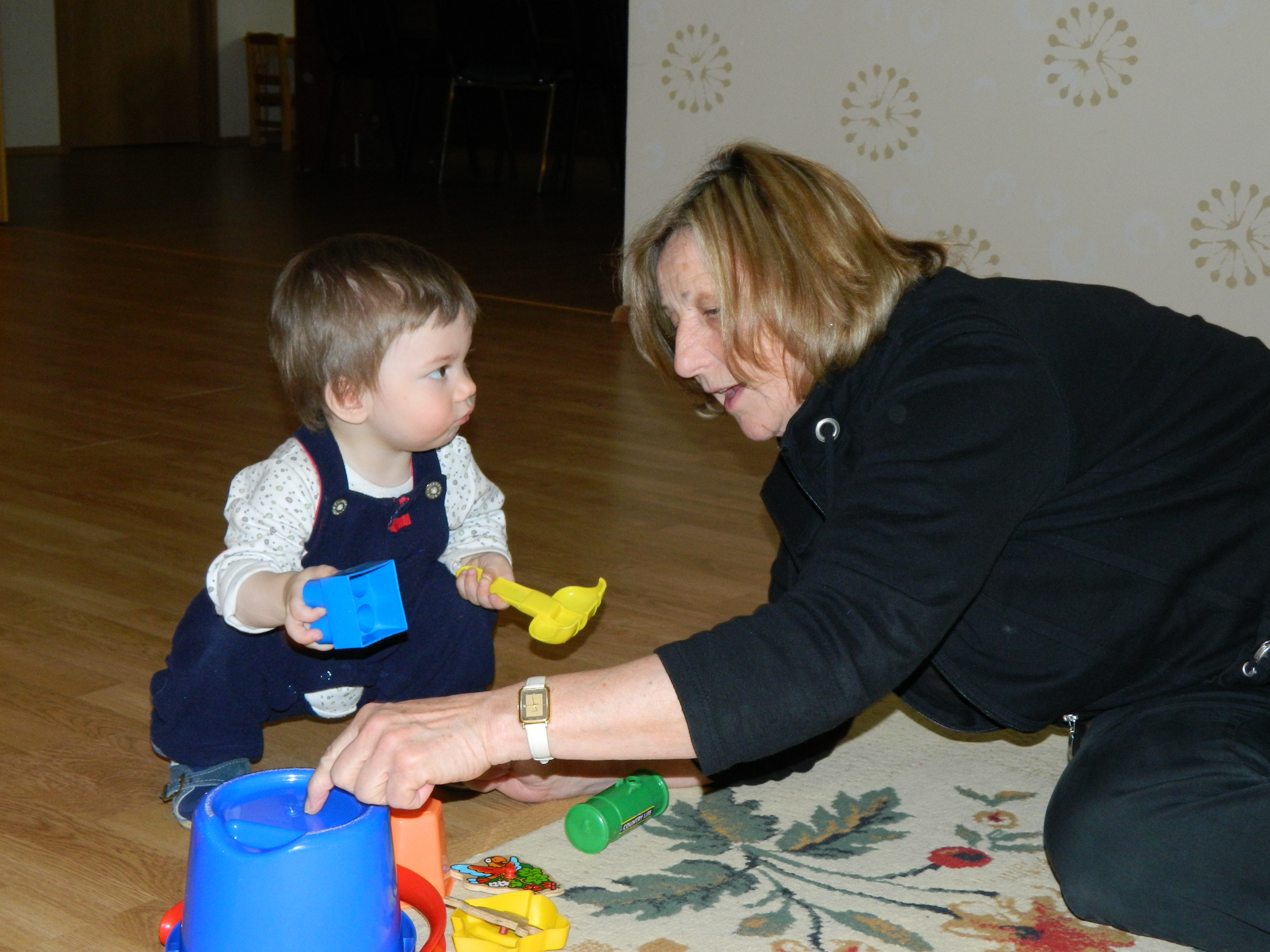A region with high unemployment and poverty rates
_1.jpg?width=800)
Narva-Jõesuu is a small town situated in north-eastern Estonia, on the border with Russia. The town has around 2,600 inhabitants during the winter months, but this figure goes up in the summer months because of the town's coastal location, which attracts thousands of tourists.
This part of Estonia has some of the highest unemployment and poverty rates in the country. Historically, the region lived off industry and tourism. However, both these sources of employment and wealth suffered after Estonia became independent from the Soviet Union. Although the tourist industry is recovering, the number of visitors is still not as high as prior to independence. As a result of the worsening economic and social situation, there has been a drop in population; people have left in search of employment in other areas of the country and abroad.
An increasing problem of the area is the high rate of HIV/AIDS. In 2010, nearly half of all new cases of HIV/AIDS in Estonia were diagnosed in Narva. The majority of these cases are injecting drug users; this is because the area is a drug transit point between Russia and Europe. Many of the children we support in the region, either through the family strengthening programme or through family-based care, come from families who misuse substances.
Furthermore, the recent increase in prices of basic commodities (such as food and electricity) has affected many children. Families, particularly single-headed ones, or those with substance abuse or health problems, often struggle to meet the physical and emotional needs of their children. In many cases, the children are malnourished, and although food banks operate in the area, there is a need for more support to ensure the long-term development of the future generation. For this reason our family strengthening programme is particularly important, since it enables families to become self-reliant.
Expanding our programmes in co-operation with the local authorities
In recent years Estonia has been taking steps to improve the care it provides for children who can no longer live with their families of origin. While most children who are taken into care continue to live in big institutions, the number of children being cared for in family-settings is increasing.
SOS Children's Villages has been running a family strengthening programme in the area since 2008. In 2011, the local authorities contacted us with a unique opportunity which would offer children in need the chance to grow up in a family. The Estonian authorities would build the houses and would hand them over to SOS Children's Villages, who would then form SOS families.
What we do in Ida-Virumaa
_1.jpg)
Strengthen families: Our family strengthening programme in Narva provides support to families so that they can provide a loving, stable and safe environment for their children to grow up in. We work closely with local agencies so that children have access to essential services such as food, education and medical treatment. Families are given support with parenting skills and advice on income generation. In addition, the community is strengthened so that families in need have someone to turn to in times of need.
Care for children who cannot live with their families: Children whose families can no longer take care of them can find a loving home in one of the SOS families. A tailor-made "child development plan" is drawn up in conjunction with the child; it is reviewed periodically and modified according to the changing needs of the child. There are six family homes in Narva-Jõesuu where children can live. One of the family homes is adapted for children with disabilities. The children from the SOS families attend nearby schools together with local children, which helps them become part of the community. If adequate schools or medical facilities are not available in Narva-Jõesuu itself, the larger city of Narva is only about ten kilometres away